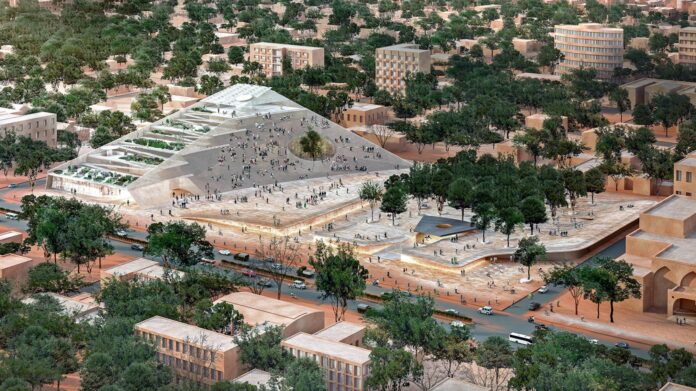By: Seringe ST Touray
Tragedy struck Burkina Faso in early November as approximately 100 people, mainly children and the elderly, fell victim to a massacre in the village of Zaongo.
The culprits behind this brutal act remain unknown, prompting calls from the EU and the US for a thorough investigation. The EU referenced the incident, suggesting a death toll of around one hundred and urging authorities in Ouagadougou to unveil the truth.
Simon Gnanou, the Burkina Faso Public Prosecutor, said that the causalities were “mainly children and the elderly,” also confirming that “the perpetrators of the atrocities remain unknown.”
The US, through Molly Phee of the State Department, strongly condemned the attack and joined the call for an investigation. The prosecutor in Burkina Faso emphasized the need to interview victims’ relatives and the injured to determine the precise death toll. The massacre occurred following clashes between security forces and terrorists, with suspicions that the village may have collaborated with the assailants.
Burkina Faso has been grappling with escalating violence attributed to jihadist groups affiliated with al-Qaeda and ISIS, resulting in over 17,000 casualties since 2015. Many affected areas have been abandoned, forcing more than two million people to become internally displaced. Notably, this is not the first such incident; in April, a massacre in Karma led to the deaths of 136 people, including women and children.
The current president, Captain Ibrahim Traoré, who assumed power in a 2022 coup, has prioritized the fight against jihadists. In April, he declared a “general mobilization,” authorizing the requisition of individuals aged 18 and above for anti-jihadist operations. Concerns have been raised about the involvement of dissidents, highlighting the complex challenges facing Burkina Faso in its struggle against extremism.




